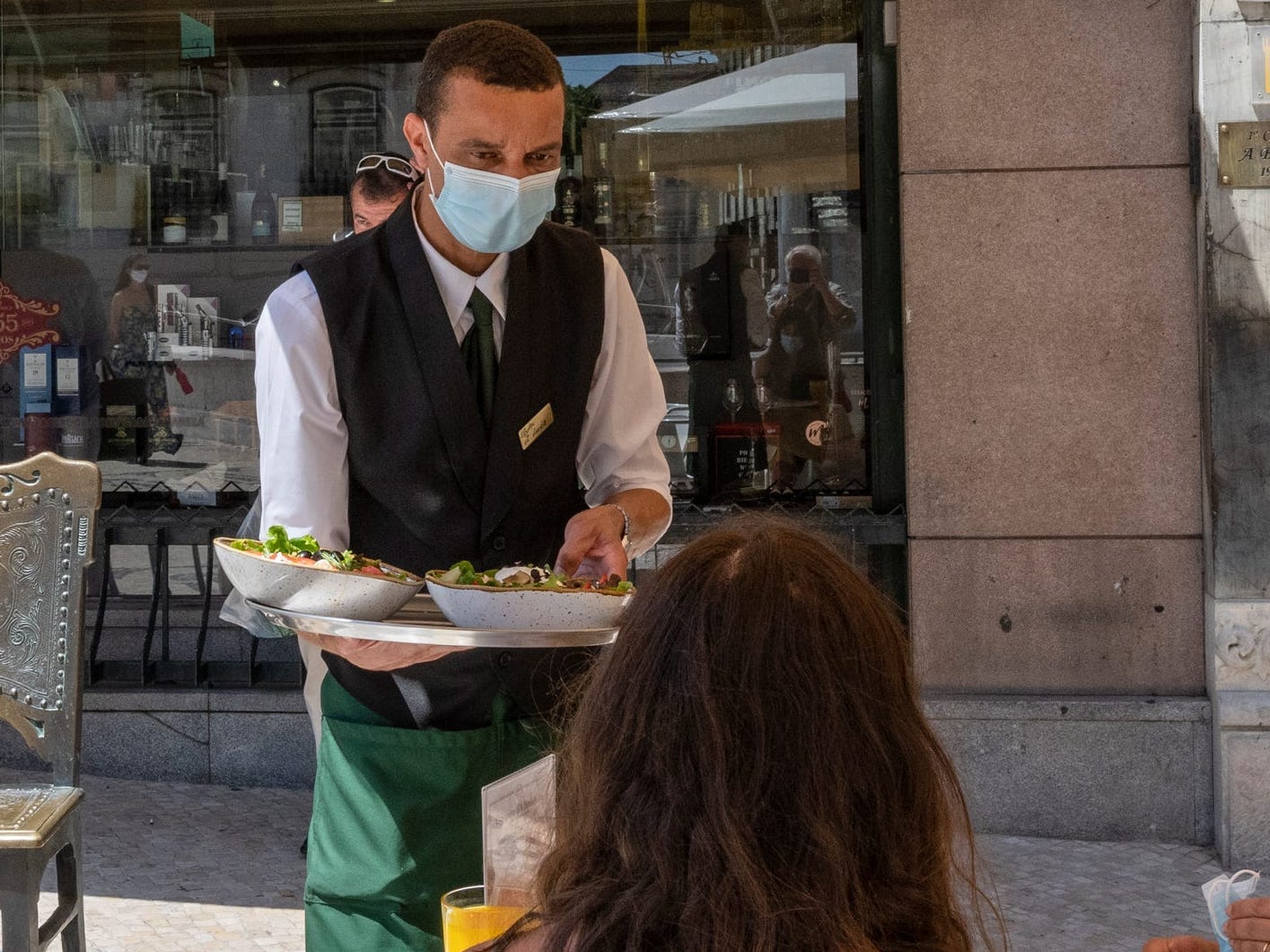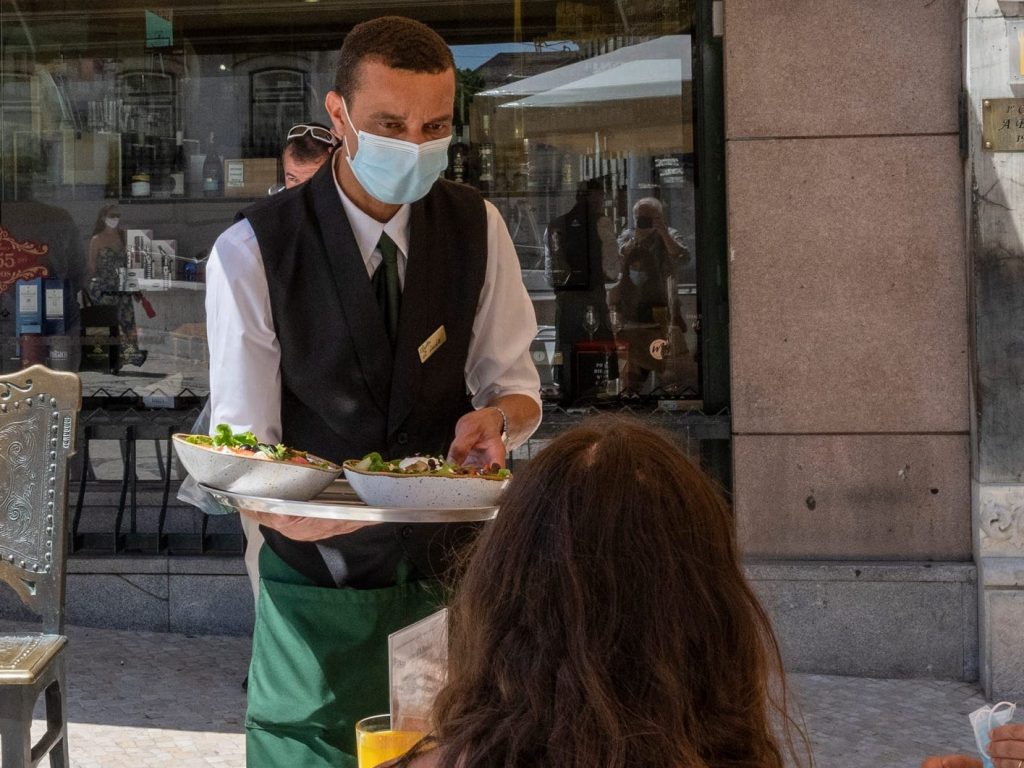
Horacio Villalobos#Corbis/Corbis via Getty Images
- A healthcare-agency exec told CNN that he'd like to introduce a vaccine mandate for his staff.
- But he fears some would quit – and he can't afford to lose workers.
- The labor shortage has left employers scrambling to cling onto their staff.
- See more stories on Insider's business page.
Pressure on companies to introduce vaccine mandates is mounting amid the spread of the Delta variant.
Staff at tech giants Uber, Google, and Facebook need to be vaccinated before they can return to the office, while Houston Methodist Hospital hit the headlines in late March after it became one of the first hospitals to mandate vaccines.
A home healthcare-agency exec told CNN that he'd like to require his staff to get the jab, too. However, he fears that some would quit over the policy and can't afford to lose workers amid the labor shortage.
Mandating vaccines "puts you at risk of alienating the staff, if not losing them to a competitor," Kevin Smith, president of Massachusetts-based Best of Care, told the outlet.
"No one can afford to do that," he said. "That is why any employer in our industry is so reluctant to impose a mandate."
More than a third of employed US adults don't want their workplace to introduce a vaccine mandate, a late-July poll by Gallup found.
"Employers in a labor shortage environment don't want to create any barrier for employment, let alone any cause for people to go elsewhere," Julia Pollak, chief economist at ZipRecruiter, told CNN.
Many of the companies requiring staff to get vaccinated, like Google and Alvarez & Marsal, offer high wages and other benefits. But blue-collar workers, who generally aren't as well paid, don't have as many reasons to stick around if they disagree with their company's vaccine mandate. This is especially true during the labor shortage, since they're in high demand.
"If you run a restaurant or a store and you have employees who are vaccine-hesitant, they are going to quit and go to the store or restaurant next door," Brian Kropp, chief of research at Gartner's HR practice, told CNN. "It's a whole lot easier for people to switch jobs, particularly in today's labor market."
Some companies that introduced the policy have had backlash from staff who didn't want to get the vaccine.
Houston Methodist Hospital, for example, said in late June that 153 workers quit or were fired after they refused to get the jab. More than 100 workers had sued the hospital over the policy, saying it was "forcing its employees to be human 'guinea pigs' as a condition for continued employment."
But the hospital told Insider that its remaining 26,000 staff members had been either vaccinated or been given an exemption.
"All our employees have now met the requirements of the vaccine policy and I couldn't be prouder of them," CEO Marc Boom said in an email to staff. "Our employees and physicians made their decisions for our patients."
Best of Care's Smith said that only 52% of the company's 400 staff members have been vaccinated. He told CNN that he'd like the government to introduce a state or federal vaccine mandate for his industry. He said such a decision would protect the health of staff and clients, and level the playing field among employers.
"From a pure safety standpoint, it would make me feel better if it were required," he said. "And it would take the pressure off me."
